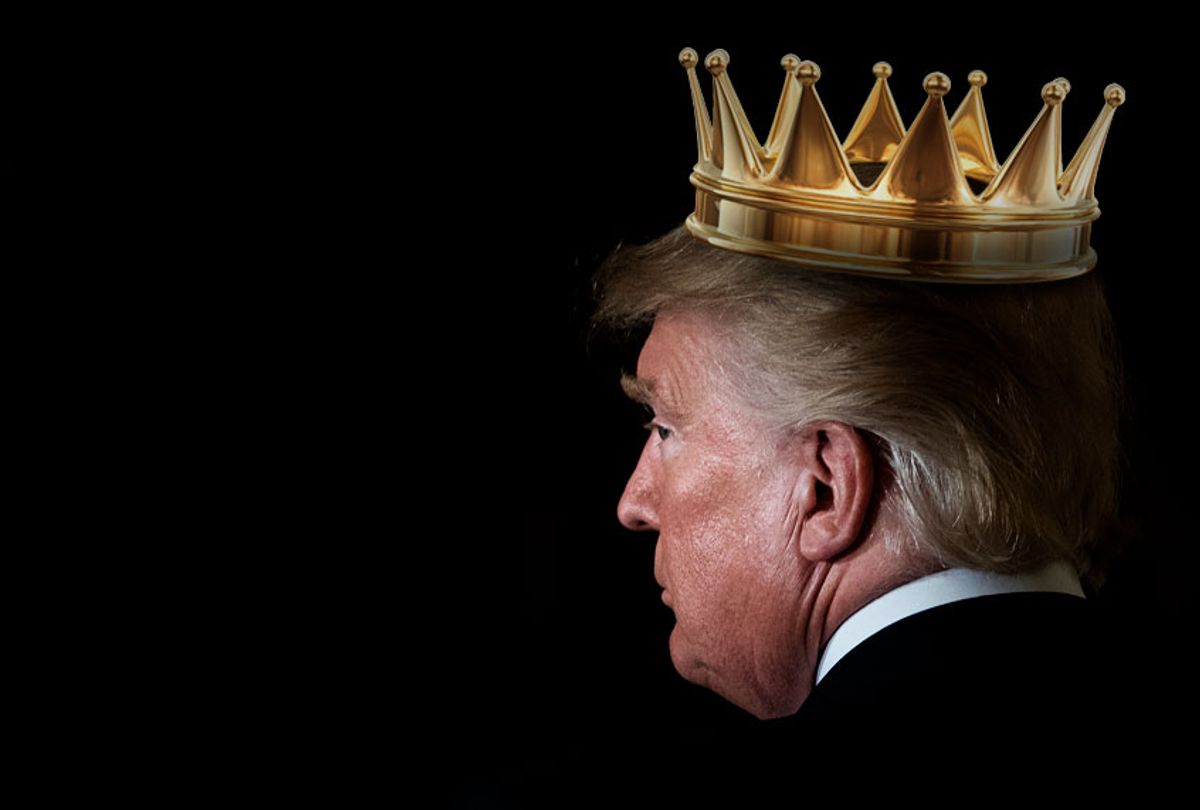
Shortly after declaring their independence and winning a war against Great Britain to establish it, the Americans created a system of government based on a delicate balance: a system of checks and balances.
At the time, they were so afraid of returning to the rule of a king or an absolute power in one way or another that they made every effort not to leave the main powers of the state to a single person. The president would have to compromise with the legislative branch — Congress — which, in turn, would have no choice but to seek compromises with the president.
This difficult balance can be considered to have worked well for over two centuries, but it risks being broken by the election of Donald Trump.
This is not about a problem of democratic nature. Americans will have exactly the government they have knowingly chosen.
However, the result of Tuesday’s vote shows that the political parties did not know how to play their roles. Democrats failed to convince an aging President Joe Biden, whose capacity to handle a second term seemed doubtful, to step down. Replacing him with Vice President Kamala Harris less than four months before the election was, from the start, an impossible mission.
Republicans were not able to convince Trump — who has been accused of no less than 88 criminal infractions, including four for his role in what was an attempted coup on Jan. 6, 2021 — that he should not present himself to voters again out of simple decency. But the party of Abraham Lincoln has become the MAGA party, the movement of Trump loyalists.
Now, what would stop Trump from using his powers to do exactly what he stated in his presidential campaign?
This includes using military force against his political opponents, appointing compliant judges — like those on the Supreme Court who have practically granted him absolute immunity while being president — and using all the country’s means at all levels to exact revenge on those he considers domestic enemies.
At first glance, then, Trump appears to have free rein with no more checks and balances to limit his actions. But the reality is a bit different. Other, less formal checks and balances exist, and the president cannot ignore them.
Starting off with public opinion. Say what you want, but Trump has always had an innate sense for gauging whether a majority of the electorate would follow him or stop him from proceeding.
For example: Trump repeatedly said that the word “tariffs” was the most beautiful in the dictionary. But the vast majority of economists believe that imposing tariffs risks explosive inflation. Do you really think a president elected largely because his opponent allowed inflation to become a national crisis would take such measures?
The same goes for mass deportations of undocumented immigrants, which was promised in 2016 but never seriously considered — because you cannot expel so many employed people without causing major economic disruptions.
It’s as if his voters know by instinct that with Trump, there is a bit of give and take. His voter base is very loyal, but they don’t necessarily take everything he says literally.
That being said, Trump has made many promises. He has pledged a golden age for America. He has promised to “fix what has been broken” in the United States. A vast agenda and obligation to deliver. And let’s not forget that his inability to deliver on his promises played a big role in his defeat in 2020.
Still, the impact of Trump’s return to the White House on Jan. 20 cannot be underestimated.
With probable control of both houses of Congress, he will have full liberty to appoint conservative judges, which will be all the easier given that the expected backlash over abortion didn’t materialize at the polls.
But the big takeaway from this election is that in American politics, Ronald Reagan’s 1980 question remains the best strategy: “Are you better off than you were four years ago?”
The price of a tank of gas, a dozen eggs, or a loaf of bread ultimately matters far more to the middle class than less everyday topics like the right to an abortion.
As a result: The new president of the United States will have more power than any of his immediate predecessors. But he must also remember that he owes this power to a post-pandemic recession for which he is, whether he likes it or not, at least partially responsible.

Leave a Reply
You must be logged in to post a comment.